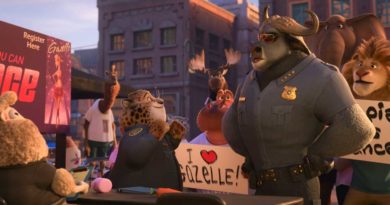Marvel’s “Black Panther: Wakanda Forever” – Press Conference
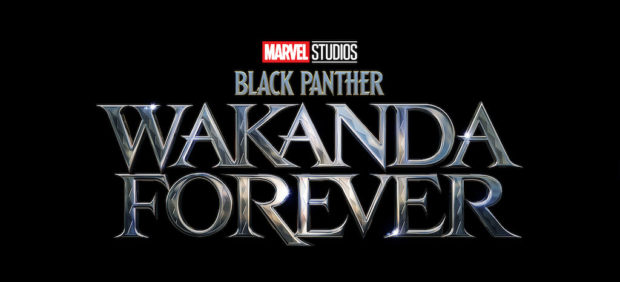
In theaters Friday is Marvel’s “Black Panther: Wakanda Forever,” the long awaited sequel to 2018’s “Black Panther.” The cast and creative team gathered to discuss the film’s release, including Marvel Studio president Kevin Feige, director Ryan Coogler, producer Nate Moore, Letitia Wright (Shuri), Lupita Nyong’o (Nakia), Danai Gurira (Okoye), Tenoch Huerta (Namor), Mabel Cadena (Namora) and Alex Livinalli (Attuma).
The panel discussed the joys and challenges of returning to Wakanda, the cultural representation of the film, and the emotions of making the film following the death of the first film’s star, Chadwick Boseman.
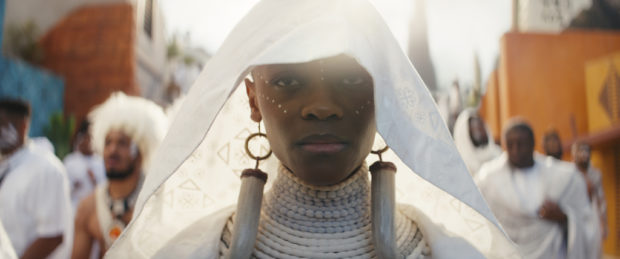
On making and releasing “Wakanda Forever” following large global events and the passing of Chadwick Boseman:
Coogler: “Four years had passed…. We were also coming off of a pandemic. You know, we actually started the film, like, right smack in the middle of it. And, you know, I think everybody experienced a sense of loneliness, you know, during the years that followed, you know, that crisis. And it was just great to see some of these folks and give ’em a big giant hug again, you know what I mean? And what we were all processing, you know, it’s things that people go through, this feeling of grief and loss. But it’s also great when you don’t have to do it alone, you know? So, we were able to build that sense of community and we were able to welcome new members, you know, with the actors that portrayed Namor and Talokaneel [phonetic]. So, it was awesome. It was awesome. I really feel grateful.”
Feige: “In my memory of it, it was, the shock turned into, well, you know, what do we do? What should we do? Should we do anything? And I think relatively soon, it was determined that this amazing ensemble of characters and this world that had been created onscreen needed to continue. And Ryan pours everything and all of himself into everything he does, and had been working for almost a year, Ryan, right, on a version of the movie with T’Challa in it. And was finding and pouring his life experience from making the first movie into that. And then when we lost Chad, all of that, obviously, was then poured into this movie, as well. And keeping the idea of a celebration of Wakanda and the character at the forefront, in addition to the grief that, of course, is gonna come with that.”
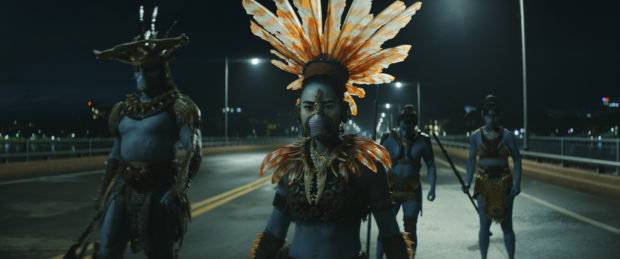
On the introduction of Namor and Talokan to the MCU:
Huerta: It is tricky, when you have a character like this, because you are the antagonist. You gonna destroy something that is [important], not just in the story, but the people, you know? The people outside. A lot of people feel identification with Wakanda, and I’m include myself in Wakanda, and the narrative and representation and everything. So, now I have to play the bad guy who destroy, or try to destroy that legacy. And but at the same time, I think Ryan, the script, and, you know, he found a way to make it human, to justify why that people do that kind of thing.
Cadena: We have faced a little challenge for ma[ing] this new world. Because we needed training, a lot, physical, mental, because I think I needed to be, in my mind, very strong. And I need to learn English, Maya, because it’s amazing. We have indigenous language for the first time in a movie like this. It’s, to me, I feel proud about this challenge. What’s really hard learn about the Maya language…. my coach say to me all the time, ‘Mabel, I want my people could be represented with dignity, this language.’
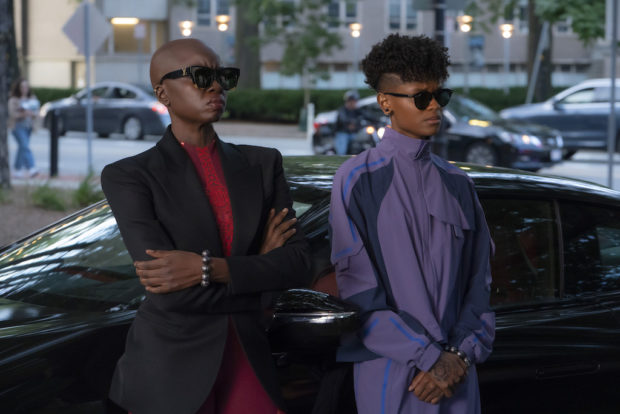
On digging into the humanity of the seemingly infallible women left behind with the loss of Boseman and T’Challa:
Wright: It was, firstly, through connecting with Ryan, you know, that heart-to-heart conversation of how do we take a step forward? Gentle step forward, it’s so raw, when we spoke. And it was just Ryan talking me through how the different characters, how the world was going to expand a bit. But also, how we were gonna grow. We all take so much different turns. And Shuri does, too. We meet her in the first film and she is that ray of sunshine. She’s so clothed and protected in royalty and love. And proud of
her big brother taking the step, following on his father’s legacy. And she just wants to create…. What does that look like, when your heart is broken? And I think it was just Ryan’s guidance on how do we create a full arc of this human being? Of this young woman going to through something alongside her fellow family members, in general, and Wakandans. And I think the way it was written and the delicacy, the gentleness of how we approached it. We always spoke, we always communicated, at every step of the
way.
Nyong’o: I remember, like, in the beginning, reading the script, and I was so envious of Letitia because she gets to be chaotic. And that’s how I felt, I felt raw and, you know, wanted to express it. And Nakia, though, she is an example of someone who — she’s just a little further along in terms of her processing. And it’s not like she has it all figured out, but in the first film, Ryan described her as T’Challa’s oasis. And that really, really resonated with me. And so when I was reading this script and thinking about where she is, I realized that what she was once to T’Challa, she now has the opportunity to offer Shuri. And it made a lot of sense in terms of the structure and architecture of the story.
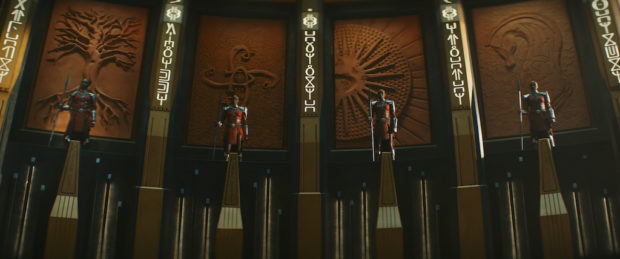
Gurira: I’m very thankful for the idea that these characters get to explore so many facets of their humanness. You know, and I think that that is something that is crucial, honestly, with a platform this unprecedented, is that we see all these, you know, a kaleidoscope of their humanness and the world gets to see that. Because it isn’t very common, you know, we don’t get to see them do that much. So yeah, it was, you know, I think in direct contrast with what Lupita was going through. I felt quite displaced, you know, in the process. And I think that was connected to what my character was experiencing. And, you know, and that was connected also to a little experience of, you know, the loss of our brother. You know, and the process that was connected to that, and it’s going through the story, so the key thing I think for me, anchoring me was the goal of honoring him, and the way he loved excellency.
“Black Panther: Wakanda Forever” is in theaters November 11.

